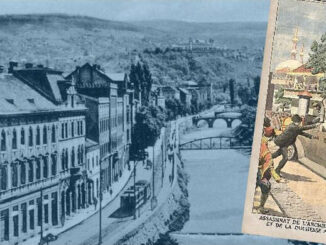
Fatal shots in Sarajevo
[Austria-Hungary, 1914] In the East, the Balkans were a “powder keg” that could explode any time. Serbia was very proud and ambitious – a disturbing neighbor to the Habsburg empire Austria-Hungary.

[Austria-Hungary, 1914] In the East, the Balkans were a “powder keg” that could explode any time. Serbia was very proud and ambitious – a disturbing neighbor to the Habsburg empire Austria-Hungary.
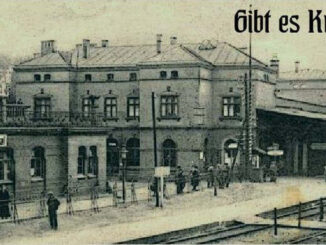
[Rhineland and Belgium, July 1914] Some newspapers spoke of war, yet a local one against Serbia that, as most people thought, was no match for the Habsburg Empire, and Serbia was far away anyway.
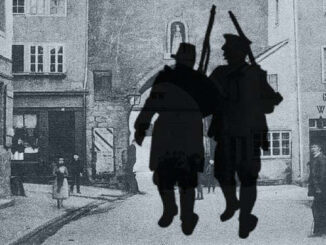
[Germany, July/August 1914] During the last few weeks, hectic diplomatic activity had been going on behind the scenes. Military leaders were secretly planning for a war. Yet, diplomacy failed.
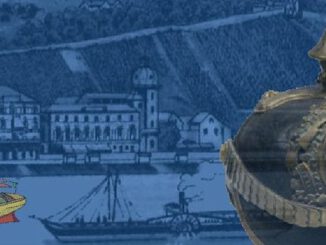
[Germany, August 1914] Mobilization was underway. Enthusiasm for the war swept away all other emotions, suspicion was growing, thus even friends and acquaintances became enemies.
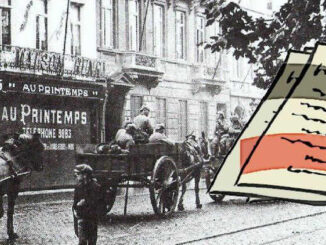
[Rhineland and Belgium, 1914] On August 2, Germany troops crossed the border into Luxemburg, on August 4, the border into Belgium. Soon a large part of Belgium and the northeastern part of France were occupied.
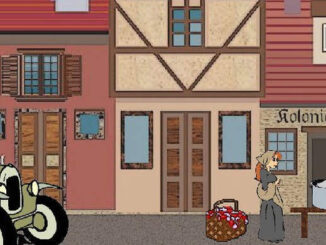
[Rhineland, 1914/15] Nobody was prepared for a long war. The soldiers had been so sure of victory, “At Christmas we will be back”. But since the turnaround on Marne in early September, this was unlikely.
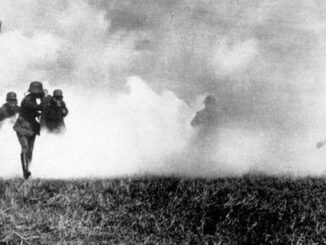
[1915] At the Eastern front, the Austrian-Hungarian army was in a catastrophic situation. A gigantic Russian army was besieging the mighty fortress Przemysl in Galicia. By May 1915 Italy declared war on Austria-Hungary.
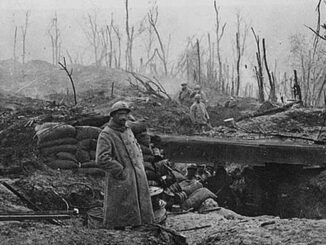
[Rhineland and France, 1916] Bad news came from everywhere. Although the war propaganda relentlessly promised a German victory, it became obvious that the war would not be over soon,
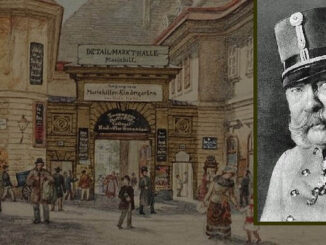
[Austria-Hungary, 1916] While the battles of Verdun and the Somme were raging in the West, the Russians attacked again in June 1916 and pushed forward to the Carpathians. Austria-Hungary seemed lost.
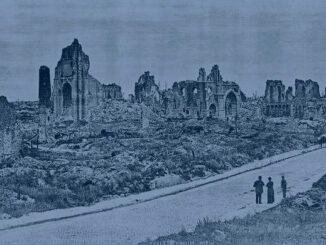
[USA, 1917/18] Horrified, Lorenz Bergmann’s granddaughter Chiara looked at the Liberty Bonds she was about to buy. It showed a creature with a Pickelhaube, thus obviously a German.
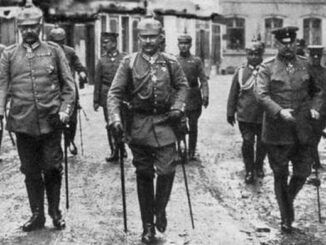
[Germany, summer 1917] The war was already entering its third year, and there was no prospect of peace. Several times Pope Benedict XV had urged the belligerent nations to negotiate peace, but in vain.
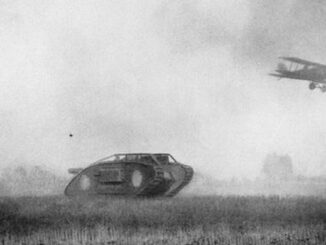
The Great War had been raging for three years now. Trenches, machine guns, air reconnaissance, barbed wire and modern artillery had helped bring the battle lines of World War I to a stalemate.
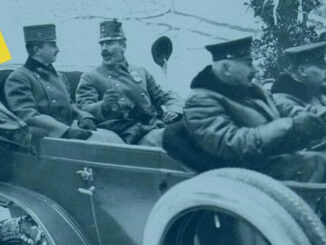
[Austria-Hungary, November 1918] Already in the last days of the war, the Czechs, Galicians, Poles, Slovenes and Croats had broken away from Austria-Hungary. In Transylvania, Romania had taken power.
Copyright © 2024 | MH Magazine WordPress Theme by MH Themes